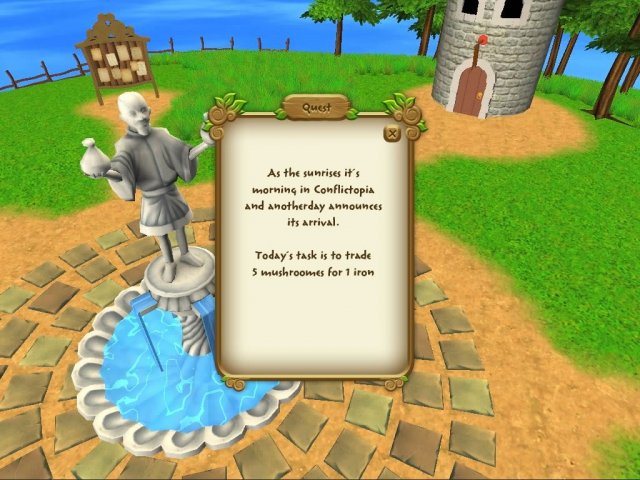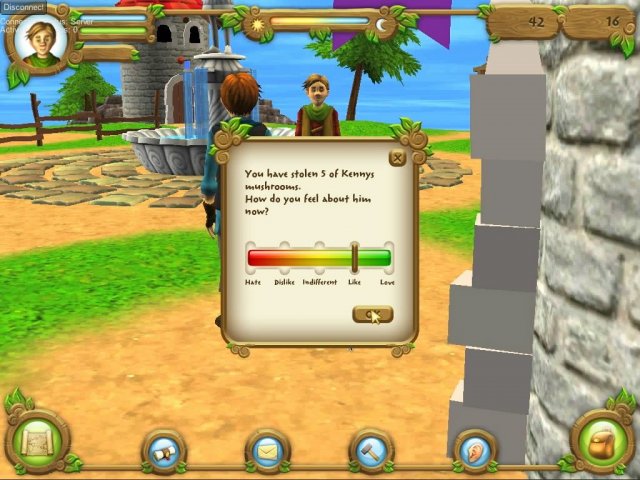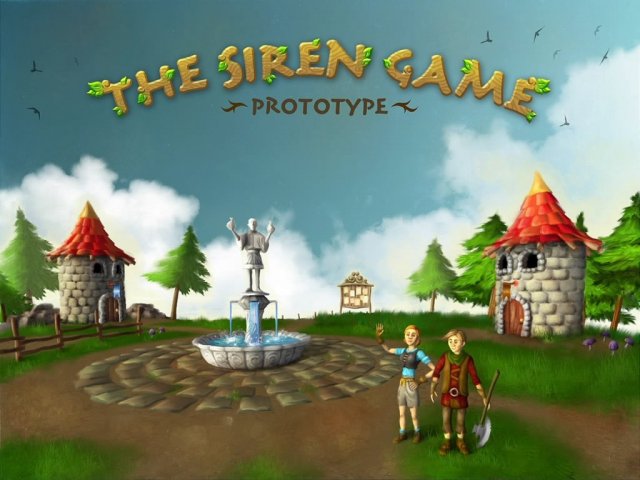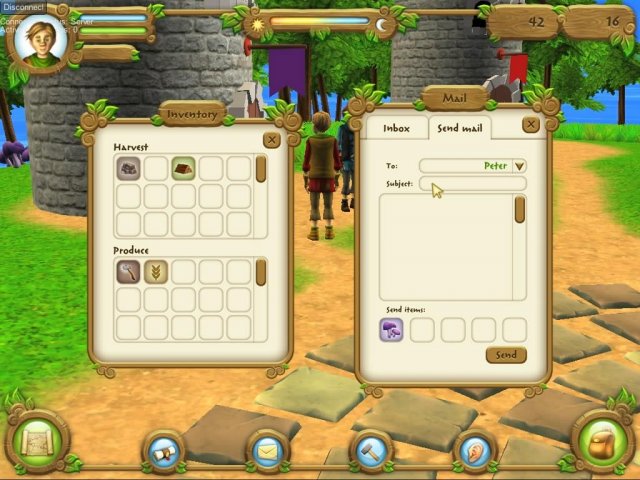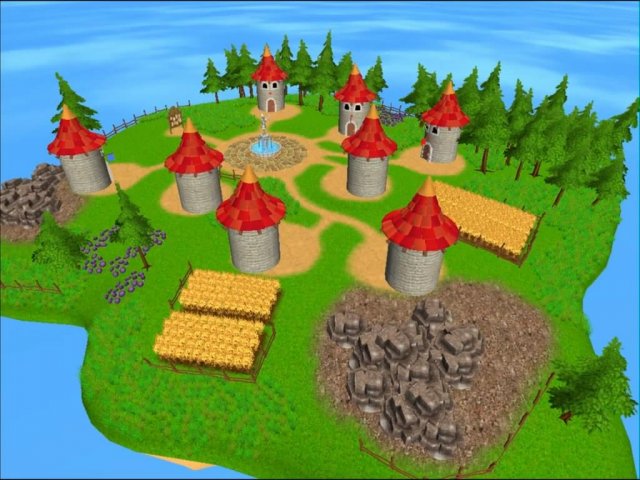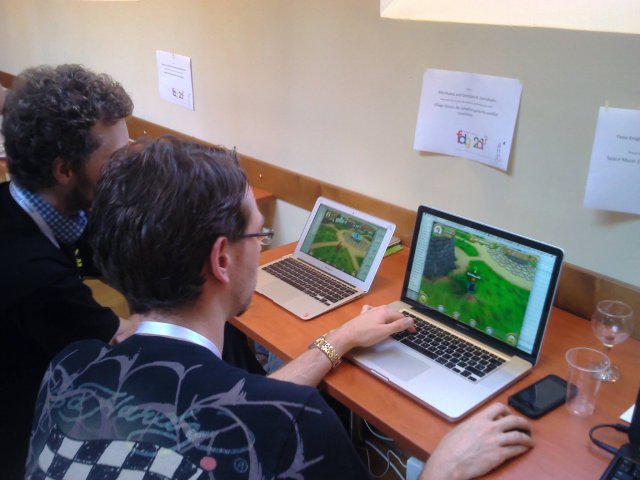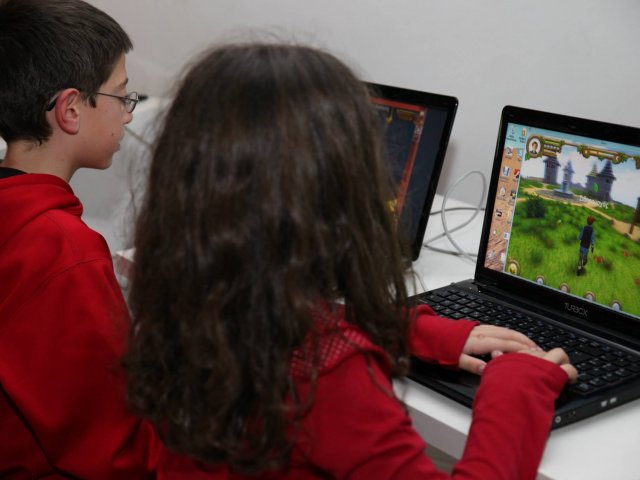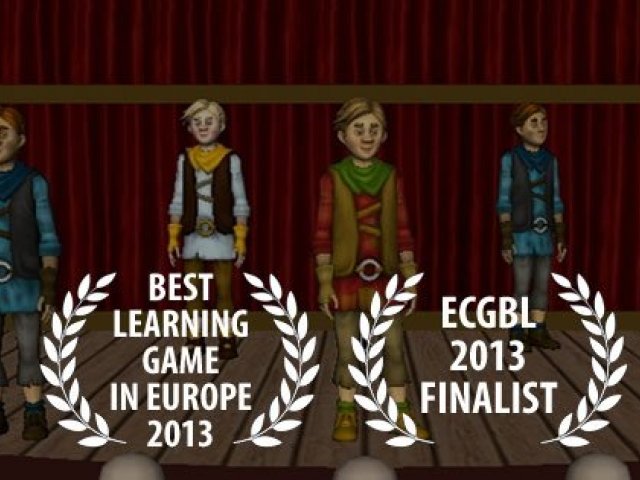The last decade of European history has been characterised by serious societal challenges and conflicts which occur as emergent by-products of economic recession, social structure instabilities, and most recently, the refugee crisis. An increasing number of citizens in Europe are still nowadays culturally, socially, and educationally excluded. The vision of a healthy and stable socioeconomic structure which brings together people from diverse ethnical backgrounds, societal values, religions and cultures under a European umbrella of societal justice, inclusion and rapid integration is threatened by the current situation.
The 3-year eCrisis project aims to enable inclusive education through playful and game-based learning and, thereby, foster the development of social, civic and intercultural competences such as conflict resolution, creative thinking, and reflective debate in primary and secondary education students.
The eCrisis Project has been endorsed by the Vice-President of the European Parliament MEP Lunacek:
Latest News
eCrisis in the Wild in Malta
70 students from St Ignatius College Ħandaq Middle School have collaboratively played the Iconoscope game (part of the eCrisis Erasmus+ project), during which they have creatively interpreted and drawn abstract concepts as icons, in an endeavour to stimulate and support their creative and communicative skills.
Design Thinking for Games: A hands-on collaborative workshop
The Directorate for Learning and Assessment Programmes (Ministry for Education and Employment) in collaboration with Valletta 2018 Foundation and the Malta Information Technology Agency (MITA) organised a voluntary professional learning course for educators on the 9th, 10th and 11th July 2018 at the MITA Data Centre (Santa Venera) Malta. On Tuesday 10th July 2018, Dr. Vanessa Camilleri (University of Malta) delivered a course during this event entitled ‘Introduction to Game-based Learning’, which introduced participants to Game-based Learning as a pedagogical model and strategy to foster cognitive and metacognitive skills in students. During this course, Dr. Camilleri presented the eCrisis...

